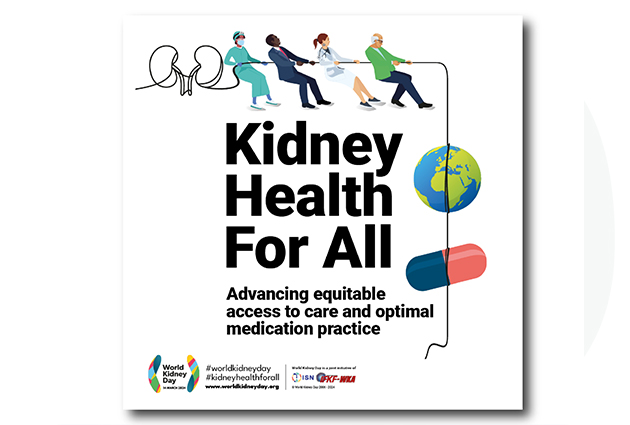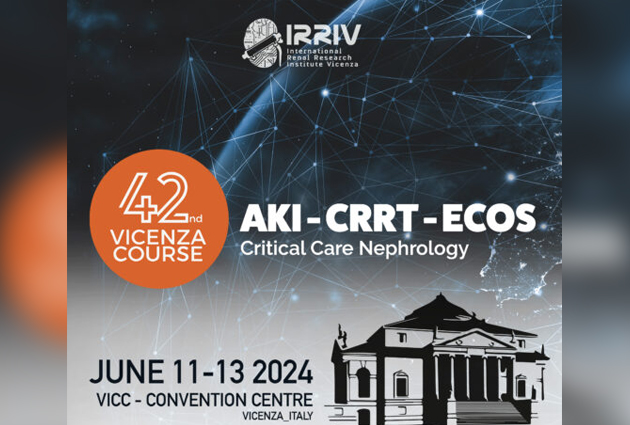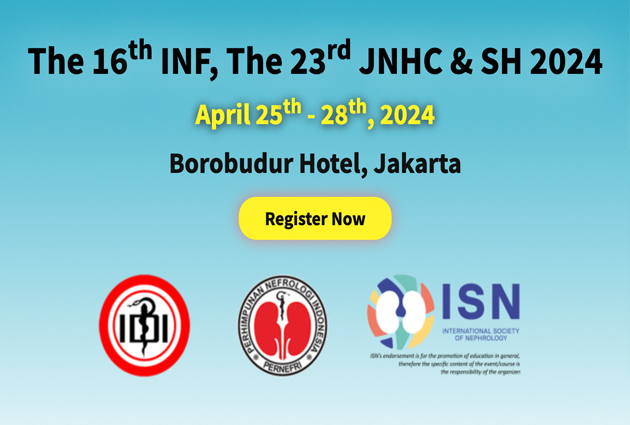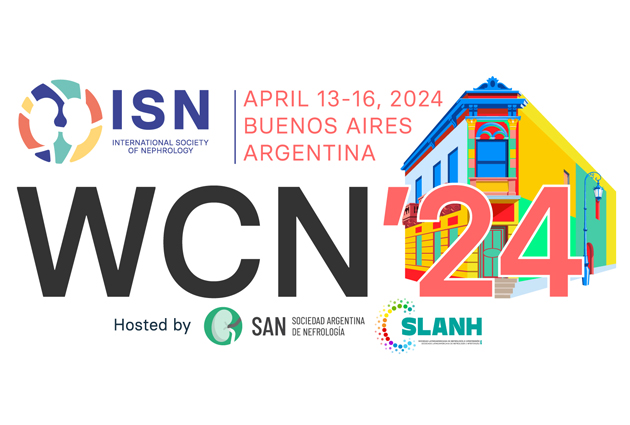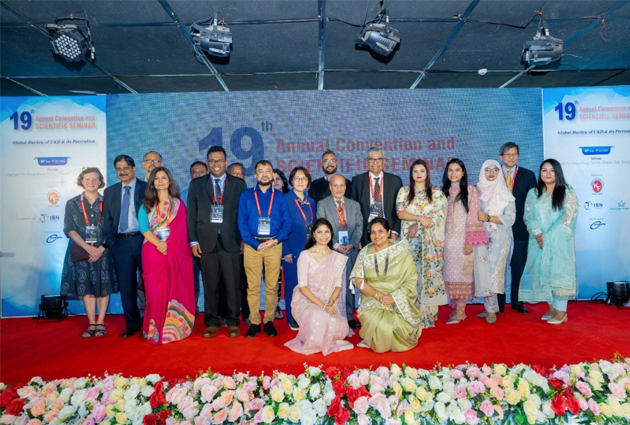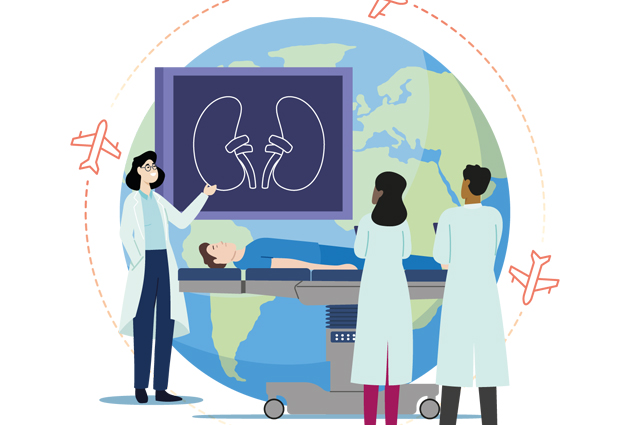Working During the COVID-19 Pandemic: Further Reflections from Young ISN Members from Around the World
| Young ISN members from Bangladesh, Ghana, and Brazil reflect on their experiences on the frontline of the COVID-19 pandemic.
Read reflections from other young ISN members here. Find resources relating to the COVID-19 infection here. |
Reflections from Dhaka
 Tania Mahbub, Consultant Nephrologist, ISN Fellow, United Hospital Limited, Dhaka, Bangladesh
Tania Mahbub, Consultant Nephrologist, ISN Fellow, United Hospital Limited, Dhaka, Bangladesh
Since it is a novel disease, the modus operandi of COVID-19 management has needed to change over time in Bangladesh in line with our country’s needs and national guidelines of COVID-19 management.
Early in March 2020, when a handful of corona positive cases were detected, we focused mainly on prevention, educational programs for health workers regarding the management of the new disease, and updated training on personal protection.
For all patients coming to the hospital, including patients on dialysis, there is triage for preliminary screening. When patients present with suspected COVID-like symptoms, they are managed in separate zones. Direct OPD consultation is limited, and a telemedicine service has been developed to prevent disease spread from the OPD.
Special precaution was taken for the Dialysis Unit as a potential portal of infection. We’ve also educated the patients about preventive measures, symptoms of COVID-19, and advised them to seek help through telemedicine rather than coming directly to the Dialysis Unit. Throughout this period, we emphasize maintaining regular dialysis as volume overload may erroneously mimic the COVID infection. For emergency dialysis, we prefer Femoral Venous Catheterization instead of the Internal Jugular route. The use of complete PPE is mandatory during procedures.
Initially, COVID hospitals were designated in the country. When community transmission occurred on a large scale, the Health Authority decided to treat both COVID and non-COVID patients in all hospitals. We divided our hospital into COVID, non-COVID, and suspected COVID zones. Eventually, we started doing RT-PCR in our hospital. Currently, we are providing renal consultation, dialysis of COVID patients in the Critical Care Area, and have built a negative pressure isolation chamber for COVID positive dialysis patients.
In my experience, treating COVID and non-COVID patients in the same center is still challenging, especially when RT-PCR is not readily available, and waiting times to get test results are long. Further, a robust and integrated infection control strategy, surveillance, and logistical support are needed.
Sadly, many patients hide their actual history, thus posing a greater threat to physicians. As large-scale community transmission occurs, patients are now presenting with different symptoms and test COVID positive incidentally during screening. Sometimes highly suspected cases are found as COVID negative in an initial test, but subsequent test results prove positive. Therefore, I always emphasize wearing a proper N95 or equivalent mask/respirator to my fellow colleagues whenever they come into contact with any patient.
Bangladesh has unfortunately observed a high rate of physician deaths due to COVID-19 within a very short period. Therefore, priority measures need to be taken to find out the exact causes of their demise.



Patients are managed at the United Hospital, Dhaka, Bangladesh, during the COVID-19 pandemic
Reflections from Kumasi, Ghana

Ever since we recorded our first two cases in Ghana on March 12, 2020, our COVID-19 cases have been rising. According to the Ghana Health Services, as of June 28, we had 17,351 cases: 4,245 active cases, 12,994 recovered or discharged, and 112 deaths. We have tested 288,465 people so far, which is the third-highest rate in Africa after South Africa and Morocco.
There have been some government interventions to contain the COVID-19 virus. The first major intervention was the closure of the borders on March 22, 10 days after we recorded our first cases. Then a partial lockdown was declared in the epicenters from March 30 for three weeks to carry out aggressive contact tracing and minimize the spread of the virus. Although cases were still rising, the partial lockdown had to be lifted by the government due to social and economic hardships.
Restrictions on public and social gatherings were still in place, but these also eased as the president announced the lifting of the ban on religious activities with strict measures to govern services, such as a maximum duration of one-hour for up to 100 people and strict following of all safety protocols. The president encouraged social distancing and made the wearing of facemasks in public mandatory in Ghana, punishable by law, as additional restrictions were eased.
There is now a gradual effort to re-open schools. Final-year students in tertiary and secondary high schools resumed on June 15 to prepare their final examinations. On June 29, Junior High School final-year students resumed classes. School heads are expected to ensure all safety protocols.
My worry as a healthcare professional is the fact that there may be an escalation of cases, which might overwhelm our health institutions. Staff in most hospitals are decreasing as about 100 doctors have currently been infected with COVID-19. We have recorded two deaths from COVID-19, a Medical Director, and the renowned Nephrologist and Rector of the Ghana College of Physicians and Surgeons, Prof. Jacob Plange-Rhule. The Health Minister in Ghana has also tested positive for COVID-19.
With some people blatantly disregarding safety protocols after the easing of restrictions, and decreasing staff strength with inadequate provision of PPEs, I fear there will be more deaths from COVID-19 as cases increase. There is a possibility of an increase in the number of non-COVID-19-related deaths as a result of the shortage of staff due to self-isolation when exposed or overwhelmed with COVID-19 management, as written in an article I published, which was reported as a news item.
Unfortunately, this year is an election year for Ghana, and it’s worrying that political activities are going on with people flouting safety protocols of social distancing and wearing face masks. With the upcoming voters’ registration exercise starting on June 30 leading up to the elections in December 2020, we can only hope that these do not worsen the already increasing cases of COVID-19 in Ghana.
Reflections from Porto Velho, Brazil

Tatiara Bueno, Nephrologist, ISN Young Nephrologists Committee Member, SOS RIM clinic, Porto Velho, Rondonia, Brazil
Three months ago, the coronavirus seemed to be a distant alert, but it quickly arrived in Brazil and had a different intensity among the macro-regions. Metropoles such as São Paulo and Rio de Janeiro were the first to experience the impact of the pandemic. Porto Velho, the capital of the State of Rondônia, in Western Amazonia, was not exempt from the pandemic route. It is a city with almost 550,000 inhabitants.
New ICUs were progressively opened, health teams were trained, schools were closed, and commerce was reduced. But all efforts failed to contain the increase in sick patients with severe evolution, especially in obese and male patients.
Within weeks, all ICU beds were occupied. Nephrology was essential; a large proportion of patients, especially those on mechanical ventilation, needed dialysis.
The challenges gradually appeared: doctors and staff fell ill, supplies were lacking or cost significantly more, and hours of overtime began.
In dialysis clinics, disease transmission was high among patients and staff, and even though these patients received all the necessary intensive support, death was almost inevitable. It felt like we were in quicksand.
In the midst of so much sadness and tiredness, something caught our attention: the strong teamwork. We were surprised by the feeling of solidarity and partnership. Those involved in the nephrology and intensive care sectors were fully focused on making the whole process feasible. That gave us the extra strength needed to continue day after day.
Today, we are still in the middle of the hurricane, but we continue to be united, and we are sure that all this will pass soon. We will look back and be proud to have faced the COVID pandemic as nephrologists on the front line.




